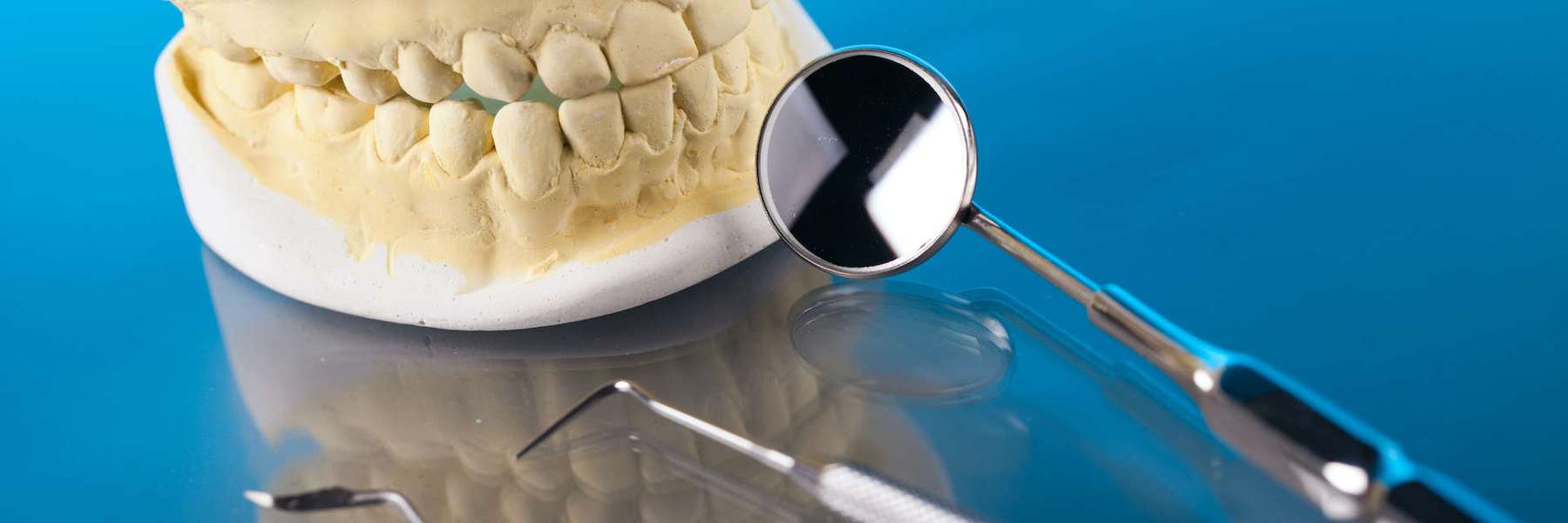
Thumb sucking and pacifier use are common and comforting behaviors for babies and toddlers. However, when kids are allowed to continue them past a certain age, these habits can begin to affect their dental and jaw development. Both thumb sucking and pacifier use can lead to changes in bite alignment, tooth position, and even speech formation.
As a parent, understanding when these habits are harmless and when they start to interfere with healthy growth is key to protecting your child’s smile and bite. Here’s what every parent should know about how thumb sucking and pacifier use might be impacting their child’s teeth and what your trusted pediatric dentist in Castle Pines recommends.
Why the Habit Forms (Comfort and Development)
Thumb sucking and pacifier use are among the earliest and most effective self-soothing behaviors babies develop. Understanding where these habits originate can help parents determine when to support them and when to begin guiding them in a different direction.
The Root Reflex and Natural Comfort
From birth, babies are hardwired with a natural instinct to suck for nourishment and security. This type of activity is referred to as “the rooting reflex.” As a result, thumb or finger sucking often serves as a self-soothing mechanism between feedings or during stressful moments. The habit itself is rarely concerning early on. In most infants, this reflex fades as emotional regulation develops, typically between two and four years of age. It’s when the reflex becomes a prolonged coping mechanism that dental concerns start to appear.
Pacifiers as a Sleep Aid (Pros and Cons)
Pacifiers can offer comfort and even lower the risk of Sudden Infant Death Syndrome (SIDS) when used during sleep, according to the American Academy of Pediatrics. However, prolonged pacifier use, especially beyond age three, can mimic the effects of thumb sucking by pushing the upper teeth forward or altering bite alignment. Regular check-ins with your Castle Pines pediatric dentist as this age approaches can help determine when it’s time to begin gentle weaning.
The Key Difference: Pacifier vs. Thumb
While both habits apply pressure to developing mouths, pacifiers are usually easier to manage because they can be removed. Thumbs, on the other hand, are always available, making thumb sucking harder to break.
When Does the Habit Become a Concern?
Not all thumb or pacifier use is harmful. The line between “normal soothing” and concern lies in timing. At a point, what was once comforting can begin to affect how your child’s teeth and jaw develop.
The Crucial Age Cutoff (The 4-Year Mark)
The general rule is simple: if thumb sucking or pacifier use continues beyond age four, it’s time to intervene. Around this age, primary teeth are giving way to permanent teeth, and prolonged sucking can lead to open bites or overjet formation that may require orthodontic correction later.
How Intensity and Frequency Matter
Not all thumb suckers or pacifier users experience dental changes. Intensity and duration make a big difference. Passive (light pressure) sucking tends to have a lesser effect, while vigorous or frequent sucking puts consistent pressure on teeth and jawbones, leading to more severe and visible changes over time.
Warning Signs to Look for Now
Parents should watch for signs like front teeth that appear to flare outward, difficulty biting or closing the mouth fully, or speech changes like lisping. If you notice any of these in your child, schedule a visit to your pediatric dentist in Castle Pines for early evaluation.
The Specific Dental and Jaw Effects
If these habits stick around too long, they can subtly but significantly change how your child’s teeth and jaw develop and fit together. Let’s look at the most common ways thumb and pacifier habits show up in developing mouths.
"Open Bite"
An open bite occurs when the upper and lower front teeth don’t touch when the mouth is closed. This gap often results from prolonged sucking habits, making it difficult to bite into foods properly.
Protruding Front Teeth (Overjet)
Prolonged thumb sucking can also lead to protruding front teeth, commonly known as an “overjet,” or “buck teeth.” This means the upper teeth tilt outward, altering facial aesthetics and making them more prone to injury.
Palate Narrowing
Constant suction pressure can cause the upper jaw (palate) to narrow, affecting both bite alignment and breathing patterns. A narrow palate can crowd teeth and may require orthodontic expansion in later years.
Impact on Speech and Lisping
Because thumb or pacifier use can alter the positioning of the tongue and teeth, it can contribute to speech difficulties. These most commonly manifest in lisping or unclear pronunciation of “s” and “z” sounds. Early intervention can help prevent such long-term speech issues.
Gentle and Effective Weaning Strategies
Once it’s time to move on, breaking the habit doesn’t have to be a battle. Patience, consistency, and a few proven approaches can help you help your child quit thumb sucking and pacifier use without tears or tension.
Pacifier Weaning: Timing and Techniques
We generally recommend parents start gradually weaning kids from pacifiers around age two. This typically involves limiting pacifier use to bedtime only and then gradually phasing it out by age three. Replacing a pacifier with comfort objects, like a soft toy or blanket, often helps with the transition.
Stopping Thumb Sucking: Positive Reinforcement
Avoid punishment for continued pacifier use and thumb sucking. This often creates stress and actually reinforces the habit. Instead, use positive reinforcement: celebrate progress, offer small rewards for “thumb-free” days, and track progress with stickers or charts. Your dentist may also recommend thumb guards or reminders for gentle correction.
Addressing Underlying Anxiety
If thumb sucking is rooted in anxiety or self-soothing needs, addressing those emotions directly is key. Create calm bedtime routines, use deep-breathing exercises, and talk openly with your child about growing out of the habit.
Partnering with Sierk Children’s Dentistry
You don’t have to navigate this process alone. At Sierk Children’s Dentistry, our team helps families spot early signs of habit-related issues and guides children toward healthier, happier smiles.
Monitoring the Mouth at Every Visit
At Sierk Children’s Dentistry, every checkup includes careful evaluation of oral habits, bite development, and jaw growth. Dr. Jon Sierk and our team use advanced technology and child-friendly techniques to spot early changes caused by thumb sucking or pacifier use, well before they become serious issues.
The Role of a Habit Reminder Appliance
For children struggling to stop, a habit reminder appliance can gently block the thumb or tongue from resting against the teeth, helping the child break the habit comfortably and safely. These appliances are custom-fit, painless, and designed to support positive behavioral change.
Healthy Smiles and Gentle Guidance in Castle Pines, CO
If you’re in Castle Pines and want to learn more about how thumb sucking or pacifier use might affect your child’s developing smile and how to guide them toward healthy growth, contact Dr. Jon Sierk and the caring and friendly Sierk Children’s Dentistry team in Castle Pines and Highlands Ranch to schedule a consultation.
